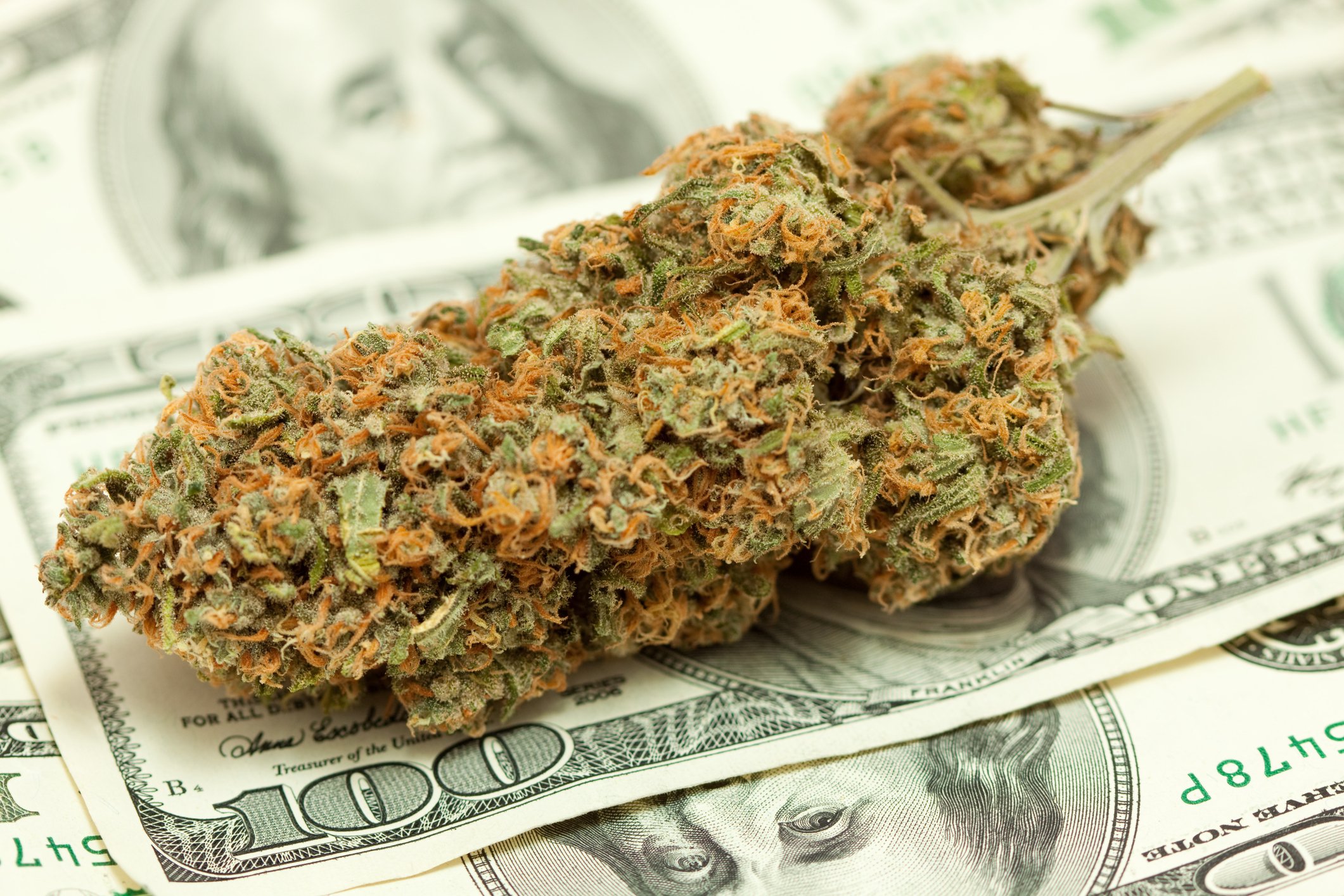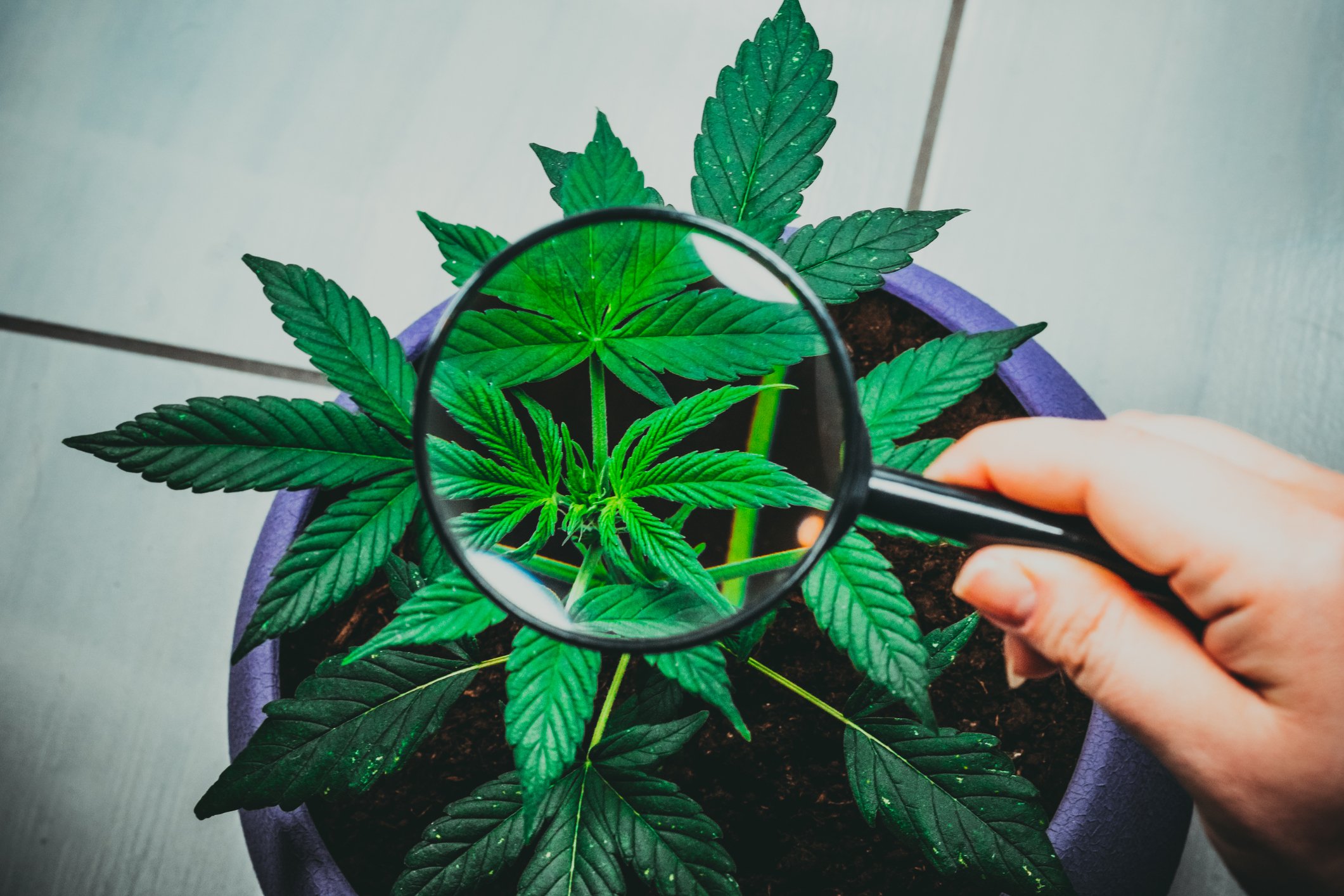
Image source: Getty Images.
Pessimism surrounding Insys Therapeutics (INSY +0.00%) is off the charts. It is far and away the most heavily shorted stock on its exchange, with about 73% of shares outstanding betting against its success.
Allegations of off-label opioid marketing are a valid concern, but following the herd on this one could cost you. Here's why.
Finding a bottom
The source of the company's woes is its lead product, Subsys, an under-the-tongue spray version of a synthetic opioid first approved by the FDA 48 years ago. More specifically, allegations that the company promoted the drug for off-label use have resulted in a great deal of negative publicity, and first-quarter sales of the drug fell 12% year over year to $62 million.

Subsys image source: Insys Therapeutics.
There's a real chance its sales won't fall much further. The potential for Subsys abuse is difficult to overstate, but its addressable population of U.S. cancer patients who are already tolerant to other opioids is awfully big. Physicians will diagnose an estimated 1.7 million Americans with some form of cancer this year. Just how many develop breakthrough pain that other opioids are unable to control is harder to gauge, but Subsys' growth story doesn't seem quite finished.
What we do know is that the proportion of prescriptions written for repeat Subsys patients reached 93% in the first quarter. While more new prescriptions would bode well for the drug's sales trajectory, such a high rate of repeat patients suggests it has reached a bottom. The fact that repeat patients generally require larger doses should also mitigate near-term sales pressure while Subsys is under a harsh spotlight.
Down, but not out
If Insys Therapeutics stock were trading at the same premium as last summer, then I'd be less concerned that everyday investors are opening short positions. The stock has fallen more than 60% in the past year, however, and at recent prices it trades at about 23 times trailing earnings.
Consensus estimates suggesting that earnings will plummet from $0.82 last year to just $0.36 this year are less than encouraging, but the recent approval of Insys' second product, Syndros, is expected to boost earnings to $0.87 next year.
Syndros is an oral solution of the cannabinoid dronabinol that could put the company's earnings back on track. It's is approved for treatment of anorexia associated with AIDS, as well as nausea and vomiting associated with cancer chemotherapy.
What differentiates Syndros from existing capsules is that it's faster-acting than other dronabinol therapies, which can take hours to reach effective concentrations. In trials leading to its approval, 100% of fasting patients receiving Syndros had detectable levels of the drug in their bloodstream within 15 minutes of dosing, versus fewer than 25% of patients receiving the capsule form.
Insys is estimating peak annual sales of $200 million for Syndros, which would push the needle in the right direction for this small drugmaker. Over the past 12 months, the company recorded total revenue of about $322 million. It finished the first quarter on pace to report just $248 million this year, which means Syndros could help the company return to top-line growth, even if Subsys sales remain flat.
Expecting the unprecedented
At its recent price, the bear argument against Insys is heavily dependent on the imposition of fines and settlements related to allegations of off-label Subsys promotion and kickback schemes. In light of recent events, that's easy to understand. Insys' CEO resigned last November, and a former sales rep has already pleaded guilty to healthcare fraud including kickback schemes.
The company has disclosed the civil investigative demands (a super-subpoena that can require interrogation, testimony under oath, and the presentation of sensitive documents) of law enforcement agencies in five states. In one of those states, Oregon, Insys has already entered a settlement agreement of about $1.1 million.

Image source: Insys Therapeutics.
To date, the largest healthcare fraud settlement in U.S. history is the $3 billion that GlaxoSmithKline was ordered to pay in 2012 for unlawful promotion of multiple drugs with combined sales measured in billions, along with several other claims. In 2008, Cephalon paid $425 million to settle claims related to off-label promotion of three separate drugs, one of which was a lollipop version of Subsys' active ingredient.
A record-breaking settlement would certainly sink Insys, but costs that come in at around a third of what Cephalon had to pay probably wouldn't. The company is debt-free and cash-flow positive, with a second drug ready to launch. Furthermore, if the settlement with Oregon is any indication, Insys probably won't face settlements on anything like Cephalon's scale.
What this Fool knows and believes
While there's a strong chance the Insys ship can right itself and weather this storm, I doubt it will provide market-beating returns over the long term. The company is built on reformulations of old drugs, which isn't the sort of innovation that drives sustainable growth.
More importantly, if a fraction of the allegations against the company are true, then its corporate governance is severely lacking. The board chairman's assumption of the CEO role is hardly a step in the right direction.
The size and timing of potential settlements are anybody's guess, and that's not a great start for taking a short position. Shorting any stock is a lopsided bet. Your return is capped at 100% if it falls to zero, but a surge of optimism (whether deserved or delusional) can result in practically limitless losses.
As I see it, there's sufficient reason to be optimistic about the future of Insys Therapeutics. The stock might fall further, but I wouldn't risk a dime on it.







